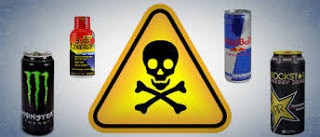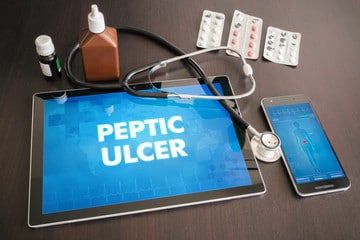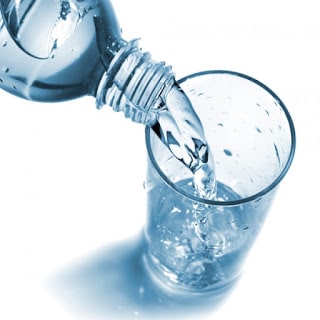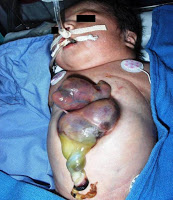Healthy Facts: Strange But Really True

Dear Readers, Enjoying your day I hope. Well here are some facts to make it even better. As this is the maiden series,which there willl be more regular ones, so do sit back and enjoy! Don’t brush your teeth immediately after a meal photo credit: bbc Ok,so I’m sure you’re thinking ‘strange’ right? , but it’s actually proven to be true. According to Howard R. Gamble (fmr. President of the Academy of General Dentistry). It was proven that the tooth enamel actually softens up after meals like wet sandstone. Especially if it’s acidic foods – Citrus fruits,sports drinks,tomatoes, soda (coke,sprite etc) and brushing your teeth at this stage can speed up acids effect on your enamel and erode the layer underneath. It’s better to hold off brushing till 30-60 min after your meals. Skip Energy drinks when you’re tired Photo credit: Caffeine Informer I know,I know….I also thought the same thing; “What’s now the point?”. Well I would have you know that energy drinks contains high level of taurine , a central nervous system stimulant ,and upwards ⬆of 50 grams of sugar per can (average of 13 teaspoons )😨! The sugar rush spikes blood sugar temporarily, only to crash soon […]
» Read more



